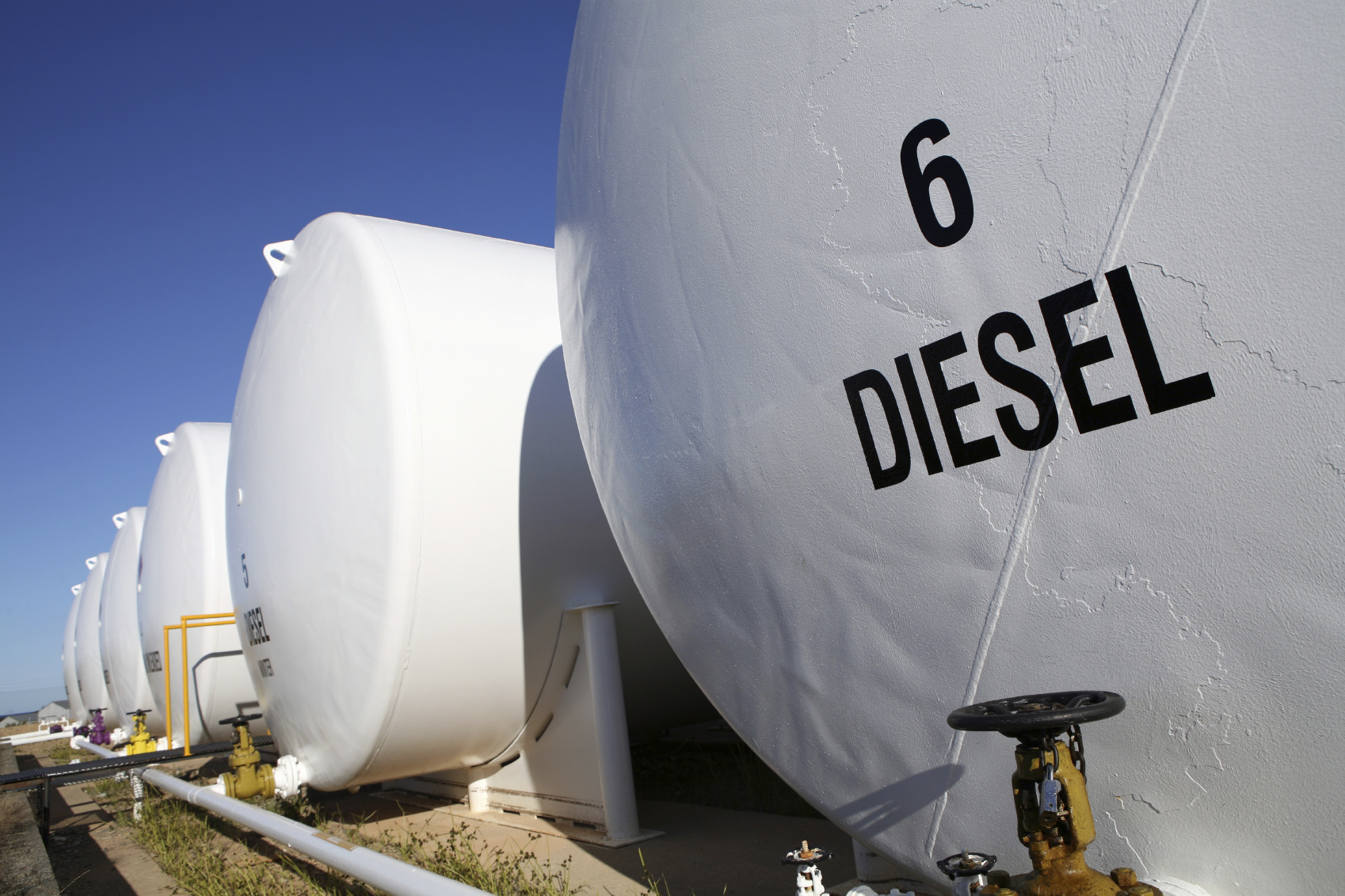Maintaining Diesel Fuel Storage Tanks - New EPA Recommendations
In its report released earlier in 2016, the EPA reminded us that there are over 100,000 diesel fuel storage tanks across the country. That’s a lot of...

It used to be that diesel fuel users didn't have to worry about diesel fuel lubricity and how their diesel fuel would interact with injectors and fuel pumps. This was back in the day before the Clean Air Act of 1992, which led to the removal of 97% of the sulfur from diesel fuel. They might have worried about black smoke and fuel mileage, but not lubricity. But removing most of the sulfur created diesel fuel that didn't give the needed lubrication to these essential parts.
Then they compounded the problem in 2006 by moving to ultra-low sulfur diesel fuel and removing 90% of the remaining sulfur. For those keeping score, that's a drop from 5000 parts per million of sulfur in diesel fuel to just 15 parts per million, from 1992 to the present day.
There are a few things to feel good about in this situation. Getting the sulfur out of the fuel before it is burned means no sulfur going into the atmosphere afterward. And that means no more acid rain from diesel fuel. This is a good thing for everyone.
Also in the good news department is the movement towards including small amounts of biodiesel in much of the nation's diesel fuel supply. If you put less than 5% biodiesel in the diesel fuel, you don't have to label it as containing biodiesel. But that's not where the good news comes in. Biodiesel is high in lubricity, and adding just 2-3% of ultra-low-sulfur diesel raises the diesel's lubricity to a level more than enough to head off any problems.
If you're not getting diesel fuel with bio added, you run the risk of developing injector and fuel pump wear issues. Refineries have tried to head off these problems by using lubricity additives added before the fuel reaches the gas station. However, the OEM industry is finding that these lubricity standards might not be enough to head off as many potential problems as they would like. Diesel users in business should monitor their maintenance patterns and be prepared to implement preventative measures (such as incorporating lubricity improver additives) if they notice the cycles to be getting out of line with what's normal in their business.
In its report released earlier in 2016, the EPA reminded us that there are over 100,000 diesel fuel storage tanks across the country. That’s a lot of...

In the years we’ve written about diesel fuel maintenance, typical topics would include microbial contamination control and prevention and diesel fuel...

Ever since the EPA mandated the introduction of ultra-low sulfur diesel (ULSD), fueling stations and stored fuel users have been consistently...